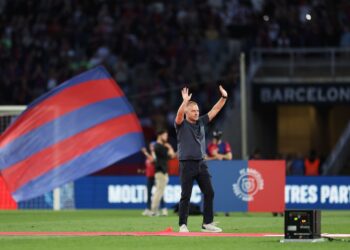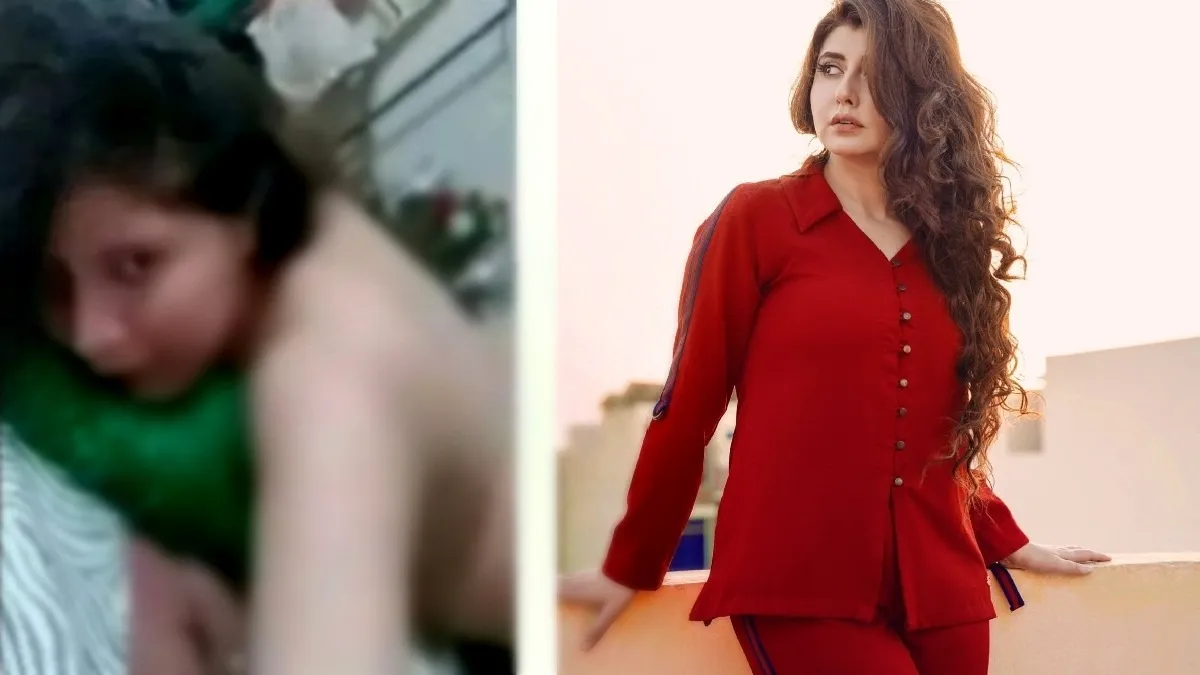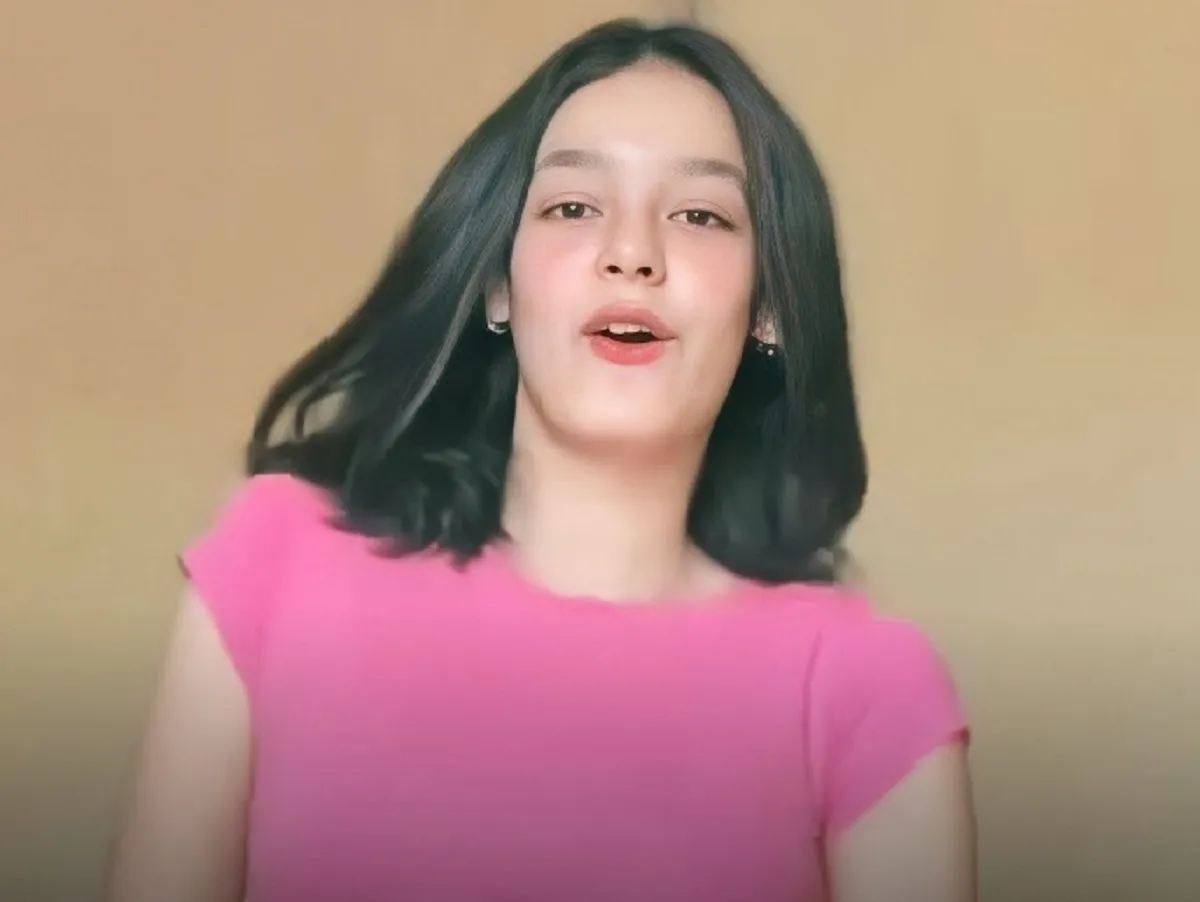At 33 years old, Casemiro was Manchester United’s forgotten man—relegated to last-choice central midfielder under Ruben Amorim just months ago. Fast forward to November 2025, and the Brazilian has engineered one of the Premier League’s most remarkable individual revivals, becoming the indispensable heartbeat of United’s midfield during their four-match unbeaten streak. The statistics tell an extraordinary story: with Casemiro on the pitch, Manchester United concede a goal every 110.6 minutes; without him, that figure plummets to one goal conceded every 31.54 minutes—making the team more than three times more vulnerable when the veteran midfielder is absent.
Table of Contents
The Casemiro Effect: Numbers That Tell The Transformation Story
The impact of Casemiro on Manchester United’s 2025/26 season cannot be overstated. When Ruben Amorim confessed that the Brazilian was his last-choice central midfielder earlier in the campaign, few predicted the dramatic turnaround that would follow. Yet the data reveals how central Casemiro has become to United’s improved fortunes.

| Manchester United With Casemiro (2025/26) | Statistics |
|---|---|
| Minutes played | 553 |
| Goals scored | 12 |
| Goals conceded | 5 |
| Minutes per goal scored | 46.08 |
| Minutes per goal conceded | 110.6 |
| Personal goals | 3 in 8 starts |
| Manchester United Without Casemiro (2025/26) | Statistics |
|---|---|
| Minutes played | 347 |
| Goals scored | 5 |
| Goals conceded | 11 |
| Minutes per goal scored | 69.4 |
| Minutes per goal conceded | 31.54 |
The defensive disparity is staggering. Casemiro’s presence transforms Manchester United from a fragile team shipping goals at alarming rates into a resilient defensive unit. The evidence was painfully clear when United suffered without him—the 3-1 defeat at Brentford during his suspension and the 3-0 loss at Manchester City where he played just the final 10 minutes exposed United’s vulnerability without their midfield anchor.
How Casemiro Adapted His Game Under Amorim
What makes Casemiro’s resurgence particularly impressive is how he evolved his approach to suit Ruben Amorim’s tactical demands. At 33, the Brazilian can no longer fly around the pitch for 90 minutes, but his positional intelligence has compensated for any decline in physical capacity.

Amorim himself acknowledged this tactical adjustment: “I think I’m also learning how to use players like Casemiro. I think he gives a lot of experience. He’s an example for everyone. In the beginning, he was behind every midfielder, even Toby Collyer. But he fought and he worked, and now he’s back in the national team.”
Casemiro’s Athletic Profile (2025/26):
- Distance covered: 10.8km per 90 minutes (consistent across four seasons)
- Sprints per match: 5.9 (unchanged from previous years)
- Tackles, interceptions, recoveries: Statistically similar to previous campaigns
What has changed is where Casemiro makes his interventions. Defensive action areas show he’s spending less time regaining possession in deep-lying areas and out wide. Instead, a higher percentage of his defensive work occurs in the opposition half, reflecting United’s improved structure under Amorim. Casemiro stays narrow, focuses on central zones, and isn’t stretched covering for teammates in wide areas as frequently as before.
Casemiro’s Underrated Playmaking Ability
While defensive stability defines Casemiro’s primary value, his distribution often goes underappreciated. The Brazilian ranks sixth among Premier League midfielders for successful long passes per match this season, showcasing his ability to turn defense into attack with a single switch of play.
| Premier League Midfielders – Long Passes Per 90 (2025/26) | Total |
|---|---|
| Rodri | 5.82 |
| Granit Xhaka | 5.2 |
| Youri Tielemans | 4.86 |
| Bruno Fernandes | 4.62 |
| Dominik Szoboszlai | 3.8 |
| Casemiro | 3.61 |
(Minimum three starts)
Casemiro’s long-range passing isn’t just about quantity—it’s about quality and tactical intelligence. He can ping diagonal balls to both wings, helping United stretch opponents and create attacking opportunities. From advanced positions, he favors sweeping passes to the left, while from deeper areas, he’s developed excellent chemistry with Bryan Mbeumo on the right flank, regularly finding the winger with driven passes that exploit space behind opposition defenses.

This distribution prowess allows Casemiro to provide what Amorim describes as “calm” in United’s build-up play, giving Bruno Fernandes freedom to push higher and operate closer to goal where he’s most dangerous.
The Aerial Threat: Casemiro’s Goalscoring Prowess
With three goals in eight Premier League starts this season, Casemiro has already surpassed many expectations—and his aerial ability deserves special attention. The Brazilian’s timing, jump technique, and positioning make him a genuine threat in both open play and set-piece situations.
| Most Headed Goals by Premier League Midfielders (2025/26) | Total |
|---|---|
| Casemiro (MAN UTD) | 2 |
| Pape Matar Sarr (TOT) | 2 |
| Lesley Ugochukwu (BUR) | 2 |
| Total Headers at Goal by Midfielders (2025/26) | Attempts |
|---|---|
| Enzo Fernandez (CHE) | 6 |
| Casemiro (MAN UTD) | 3 |
| Marshall Munetsi (WOL) | 3 |
His header at Nottingham Forest exemplified his aerial threat—the way Casemiro timed his run and climbed highest inside a crowded penalty area demonstrated the instincts of a natural goalscorer. Across Europe’s big five leagues over the last decade, only Sergej Milinkovic-Savic (17) has scored more headed goals from central midfield than Casemiro’s 15 since 2015/16.

This scoring ability adds another dimension to United’s attack. Opponents must account for Casemiro in dangerous areas, creating space for others or presenting Manchester United with an additional goal threat from midfield.
The Nottingham Forest Masterclass
Casemiro’s complete performance in the 2-2 draw at Nottingham Forest showcased why he’s become indispensable to Ruben Amorim. The Brazilian completed his first full 90 minutes of the Premier League season in that match, producing a box-to-box display that dominated both ends of the pitch.
| Casemiro’s Statistics vs Nottingham Forest | Total | Man Utd Rank |
|---|---|---|
| Tackles won | 3 | 1st |
| Duels | 19 | 1st |
| Shots | 4 | 1st |
| Possession won | 8 | =1st |
| Touches in opposition box | 5 | 1st |
| Aerial duels won | 6 | 2nd |
| Chances created | 3 | 3rd |
The performance highlighted Casemiro’s all-around contribution. He won more tackles than any teammate, engaged in more duels, created most chances from midfield, and led United’s attacking efforts with shots and touches in dangerous areas. His battle with England international Elliot Anderson epitomized his performance—a crunching tackle robbing Anderson as he attempted to stride forward encapsulated Casemiro’s determined, measured approach.
From Periphery To Protagonist: The Mentality Shift
Perhaps the most impressive aspect of Casemiro’s revival is the mental fortitude required to execute it. Ruben Amorim revealed that early in the season, the Brazilian ranked behind every midfielder in the pecking order, including academy prospect Toby Collyer. For a player with five Champions League titles and a glittering Real Madrid career, such demotion could have triggered resentment or disengagement.
Instead, Casemiro responded with characteristic professionalism. Amorim praised this attitude: “He’s an example for everyone. In the beginning, he was behind every midfielder, even Toby Collyer. But he fought and he worked, and now he’s back in the national team. He’s so important for us. The other guys need to look at Casemiro. We understand that football can change really fast. You just need to work for me.”
Manchester United legend Bryan Robson went further, selecting Casemiro when asked to choose a player with the highest “footballing IQ” of past and present footballers. This recognition from one of United’s greatest midfielders underscores the respect Casemiro commands for his tactical intelligence and game understanding.
The Brazilian’s revival has even extended to international football—he’s returned to Brazil’s national team setup after his performances for United caught attention. At 33, Casemiro is experiencing a career renaissance when many expected decline.
Dressing Room Influence: Beyond Statistics
Casemiro’s value extends beyond match statistics into Manchester United’s dressing room culture. As one of the most decorated players at the club, his experience provides invaluable guidance to younger teammates. He’s particularly supported fellow Brazilian Matheus Cunha’s integration into the squad, while offering mentorship to academy graduates navigating first-team football.
Amorim recognizes this leadership: “He gives a lot of experience. He’s an example for everyone.” In an era when Manchester United have struggled with culture and mentality, Casemiro embodies the winning mentality Amorim wants to instill. His journey from peripheral figure to essential starter demonstrates that hard work and professionalism can overcome any setback—a message particularly valuable for a young squad finding its identity.
The Partnership With Bruno Fernandes
While questions persist about the long-term viability of a Casemiro-Bruno Fernandes midfield partnership, the duo is currently functioning effectively. Casemiro’s positional discipline provides the platform for Fernandes to express his creativity in advanced areas.
The tactical adjustment Amorim implemented—allowing Casemiro to sit deeper as a “fourth defender” while wingbacks press high—has unlocked both players. Casemiro doesn’t need to cover as much ground chasing play across the pitch, while Fernandes can focus on creation and goalscoring rather than defensive responsibilities.
This partnership was on full display against Brighton, where Casemiro scored and assisted while Fernandes provided attacking thrust. Against Forest, both players contributed crucial goals in the 2-2 draw. The chemistry isn’t perfect, but it’s functional and improving—a significant achievement given the doubts surrounding this midfield combination.
What’s Next For Casemiro At United?
Casemiro’s contract expires in summer 2026, with Manchester United holding an option for an additional year. His astronomical wages—a legacy of the £70 million transfer from Real Madrid in 2022—present a challenge for a club trying to reduce its wage bill under INEOS ownership.
Yet if performances continue at this level, United face a genuine dilemma. Can they afford to let go of a player who so clearly improves the team? The statistics suggest Casemiro remains crucial to United’s success, even at 33. Any replacement would need to provide similar defensive solidity, distribution quality, aerial threat, and leadership—a tall order.

For now, Casemiro is focused on maintaining his renaissance. Saturday’s match away to Tottenham Hotspur provides another opportunity to showcase his importance. With a full week’s rest between matches, Casemiro should be fresh enough to complete another 90 minutes—something that would have seemed unlikely months ago.
Amorim’s system appears to suit Casemiro’s current capabilities perfectly. By positioning him intelligently and limiting the ground he needs to cover, United are extracting maximum value from a player who brings elite experience, tactical understanding, and technical quality.
The Unlikeliest Revival Story
Casemiro’s transformation from last-choice midfielder to Manchester United’s undroppable anchor represents one of the Premier League’s most compelling narratives this season. At an age when most midfielders decline, the Brazilian has adapted his game, worked tirelessly, and regained not just his United place but his Brazil squad spot.
The statistics paint a stark picture: Manchester United are demonstrably better with Casemiro on the pitch. Three times less likely to concede, more likely to score, and structurally more solid—his presence transforms the team’s defensive organization and attacking confidence.
As Ruben Amorim continues adapting tactics to suit his squad’s strengths, Casemiro has become central to those plans. Whether this revival can continue throughout the season remains to be seen, but for now, the Brazilian is proving that class, intelligence, and professionalism can overcome age and declining athleticism.
For a player written off months ago, Casemiro is authoring a redemption story that should inspire any footballer facing adversity. His message is clear: hard work, adaptation, and mental strength can change your situation “in one moment,” as Amorim noted. At Manchester United, that moment has arrived for Casemiro—and the entire team is benefiting.
FAQs
How has Casemiro improved Manchester United’s defense?
With Casemiro playing, United concede a goal every 110.6 minutes compared to every 31.54 minutes without him—making them over three times more defensively solid when he features.
How many goals has Casemiro scored for Manchester United this season?
Casemiro has scored 3 goals in 8 Premier League starts during the 2025/26 season, with 2 of those goals coming from headers, showcasing his aerial prowess.
What did Ruben Amorim say about Casemiro’s position in the squad?
Amorim revealed Casemiro was his “last-choice central midfielder” early in the season, even behind academy player Toby Collyer, but praised his work ethic and transformation into an essential starter.
How does Casemiro rank for long passes in the Premier League?
Casemiro ranks 6th among Premier League midfielders with 3.61 successful long passes per 90 minutes, demonstrating his excellent distribution and ability to switch play effectively.
When does Casemiro’s Manchester United contract expire?
Casemiro’s contract expires in summer 2026, with United holding an option for an additional year, though his high wages complicate future negotiations under INEOS ownership.








